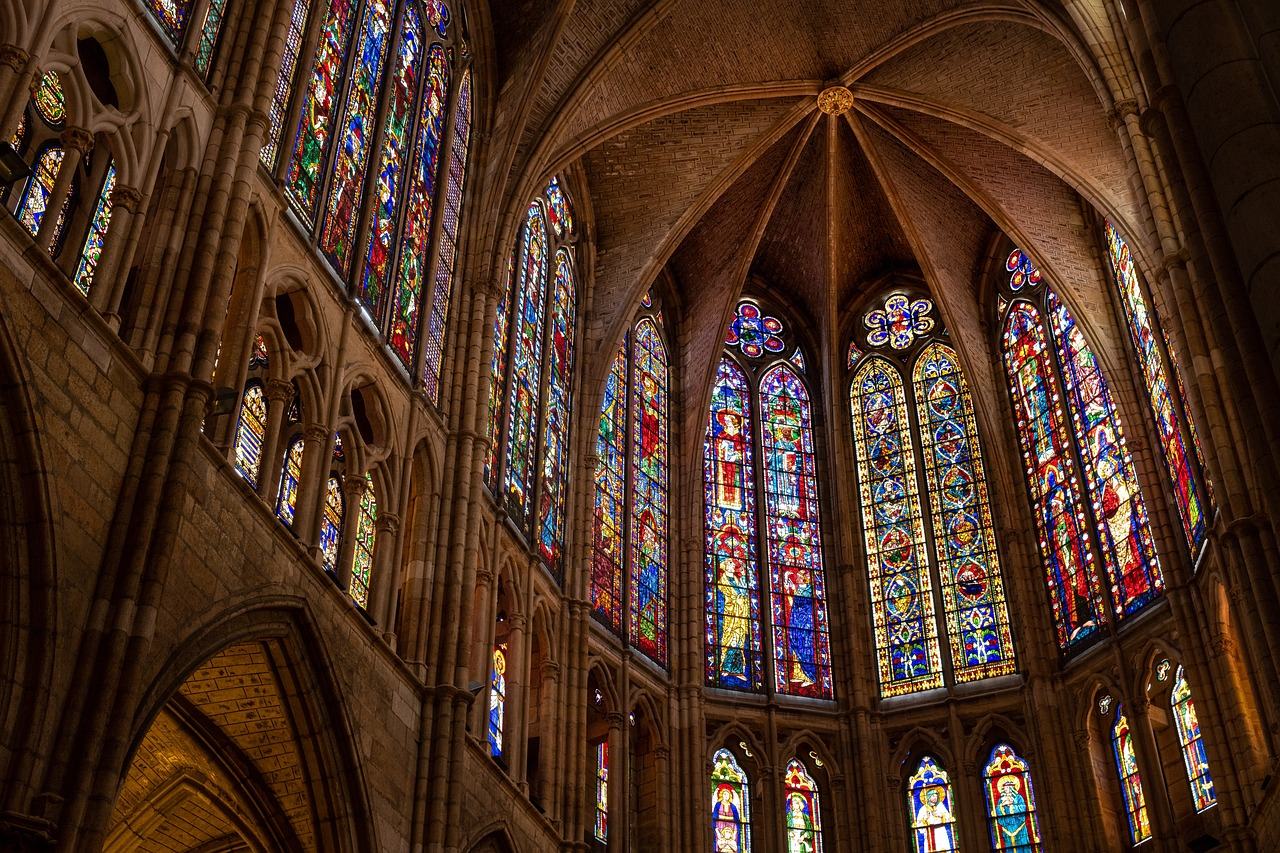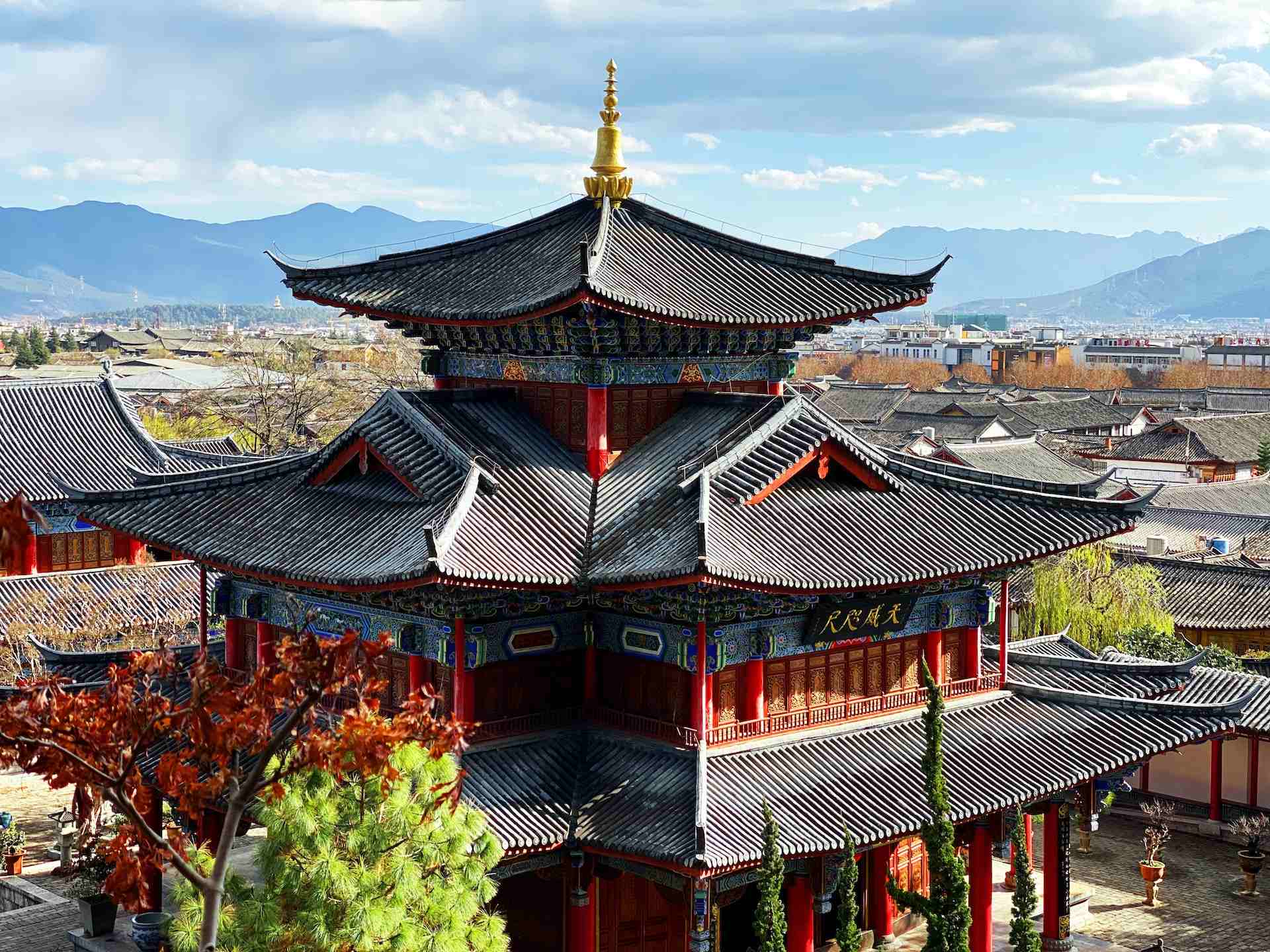Lhasa events and festivals are a vibrant and colorful celebration of Tibetan culture, history, and spirituality. The city of Lhasa, located in the Tibet Autonomous Region of China, is known for its rich heritage and deep spiritual significance for the Tibetan people. The festivals and events held in Lhasa throughout the year reflect this unique blend of culture, history, and spirituality.
Saga Dawa Festival
The Saga Dawa Festival is one of the most important events in the Tibetan calendar. It is a month-long celebration that commemorates the birth, enlightenment, and death of the Buddha. The festival is held on the fourth month of the Tibetan calendar, which corresponds to May or June in the Western calendar. The festival features a wide range of religious activities, including prayer, fasting, and pilgrimage. It is a time for spiritual reflection and rejuvenation for the Tibetan people.
Shoton Festival
The Shoton Festival is another major event in the Tibetan calendar. It is a celebration of the Tibetan New Year, which is usually held in August. The festival is known for its grand spectacle of Tibetan opera, which is performed on a large outdoor stage. The opera is accompanied by traditional Tibetan music and dance, making for a truly unique and captivating experience. Additionally, there is a large display of Tibetan thangka, which is a traditional Tibetan religious painting.
Ganden Ngarig Cultural Festival
The Ganden Ngarig Cultural Festival is a celebration of the Ganden Monastery, which is one of the most important monasteries in Tibetan Buddhism. The festival is held annually in June and features a wide range of cultural activities, including traditional Tibetan music and dance, religious ceremonies, and a grand procession of the statue of Jowo Rinpoche. This festival is an opportunity to experience the rich cultural heritage of the Tibetan people and to learn more about their spiritual beliefs and practices.
Lhasa River Lantern Festival
The Lhasa River Lantern Festival is held annually in October, along the banks of the Lhasa River. The festival is a celebration of the Tibetan New Year, and features a beautiful display of lanterns and lights. The lanterns are made by local artisans and are said to bring good luck and prosperity for the coming year. The festival also features traditional Tibetan music and dance performances, making for a truly magical and festive atmosphere.
Conclusion
In Lhasa, the festivals and events held throughout the year are a reflection of the rich culture, history, and spirituality of the Tibetan people. From the religious devotion of the Saga Dawa Festival, to the grand spectacle of the Shoton Festival, and the cultural heritage of the Ganden Ngarig Cultural Festival, there is something for everyone to experience and enjoy. Whether you are interested in history, culture, or spirituality, Lhasa has a celebration that will capture your attention and leave a lasting impression.



